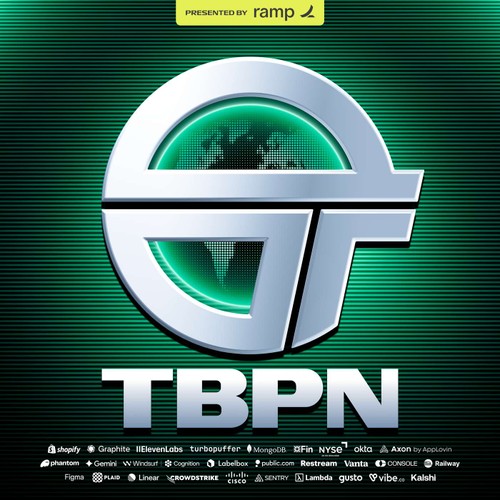
 TBPN
TBPN The Legacy of Warren Buffett, Bucky Moore, Katherine Boyle, Aditya Agarwal, Molly O'Shea, Augustus Doricko
65 snips
May 5, 2025 Join Augustus Doricko, a pioneer in cloud seeding, and venture capitalists Bucky Moore, Katherine Boyle, and Aditya Agarwal as they explore the intersection of finance, innovation, and the legacy of Warren Buffett. They dive into how AI could reshape investing and discuss the challenges of supporting defense tech startups. The conversation highlights the importance of community in entrepreneurship and sheds light on innovative investment strategies, blending humor with insightful analyses of market dynamics.
AI Snips
Chapters
Books
Transcript
Episode notes
Buffett’s Unique Investment Legacy
- Warren Buffett's unmatched success blends his obsessive study of finance with a unique era of investment opportunity.
- His lifelong dedication and environmental fortune were key to his legendary status in investing.
Berkshire's Structural Investing Advantage
- Berkshire Hathaway's structure avoids typical fund pro-cyclicality, allowing investments without pressure from fluctuating investor capital.
- This internal cash flow model offers structural advantages enabling flexible long-term investing not common in traditional funds.
Buffett’s Coca-Cola Loyalty
- Buffett holds Coca-Cola stock heavily and famously drinks five cherry Cokes daily, proving his loyalty to the brand.
- This devotion became part of Berkshire’s lore, attracting fans to the annual meetings in Omaha.













